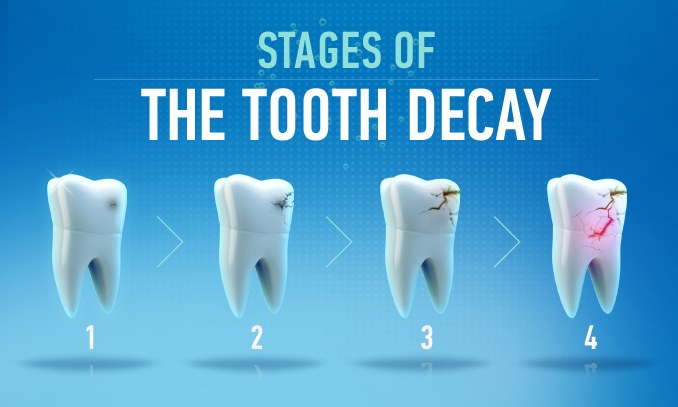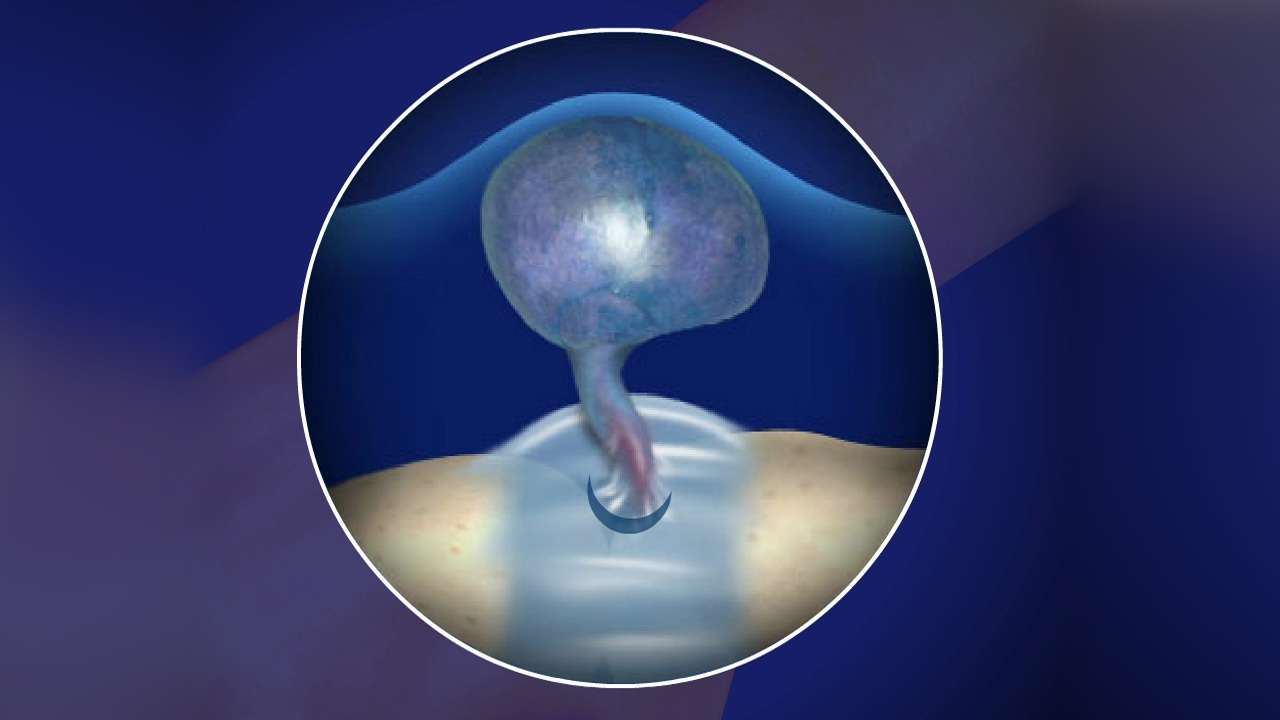Cavity Front Tooth: Fix Now

A cavity in the front tooth can be a distressing experience, affecting not only the aesthetics of your smile but also your overall dental health. The front teeth, also known as incisors, are crucial for biting and cutting food, and any decay or damage can lead to discomfort, pain, and even difficulties with speech. Fixing a cavity in the front tooth requires prompt attention to prevent further complications and restore the tooth’s function and appearance.
Understanding the Causes and Symptoms

Tooth decay, which leads to cavities, is primarily caused by the bacteria in plaque, a sticky film that forms on teeth. When bacteria break down food, especially sugars and starches, they produce acid, which damages tooth enamel and creates cavities. The symptoms of a cavity in the front tooth can vary but often include:
- Sensitivity to hot and cold foods and drinks
- Visible holes or pits in the tooth
- Pain when biting or chewing
- Discoloration of the tooth
If left untreated, a cavity can progress, leading to more severe problems, such as infection (abscess) or the need for more extensive and costly treatments like crowns or even extraction.
Treatment Options for Front Tooth Cavities

The treatment for a cavity in the front tooth depends on the size and location of the decay, as well as the patient’s overall oral health. Common treatments include:
- Fillings: For small cavities, a dentist can remove the decayed portion of the tooth and fill it with a tooth-colored composite resin, amalgam, or gold. This not only fixes the cavity but also restores the tooth’s original shape and function.
- Inlays and Onlays: When the cavity is larger but doesn’t require a full crown, inlays and onlays can be used. These are custom-made in a dental lab and are made from composite resin, ceramic, or gold. They are then cemented into place, covering the cusp of the tooth (inlay) or covering the entire surface (onlay).
- Crowns: If the decay is extensive, a crown might be necessary. A crown is a cap that covers the tooth, restoring its shape, size, strength, and appearance. Crowns can be made from a variety of materials, including ceramic, porcelain, composite resin, or metal.
- Root Canal: In severe cases where the cavity has reached the pulp of the tooth, causing infection, a root canal may be necessary. This procedure involves removing the infected pulp, cleaning the inside of the tooth, and then filling and sealing it.
Prevention is Key
While treating a cavity is crucial, preventing them from forming in the first place is the best approach. Practices that help prevent tooth decay include:
- Regular Brushing and Flossing: Keeping teeth clean by brushing at least twice a day with fluoride toothpaste and flossing once a day helps remove plaque and bacteria.
- Limiting Sugary and Acidic Foods and Drinks: Reducing consumption of sugars and acids, which contribute to tooth decay, is essential.
- Regular Dental Check-Ups: Visiting the dentist for routine check-ups and cleanings can help identify and fix cavities before they become major issues.
- Fluoride Use: Using fluoride toothpaste and mouthwash, and community water fluoridation, can help strengthen teeth and prevent decay.
Conclusion
A cavity in the front tooth, while concerning, can be effectively treated with modern dental techniques. Prompt action not only saves the tooth but also prevents more invasive procedures down the line. By understanding the causes, recognizing the symptoms, and maintaining good oral hygiene practices, individuals can reduce their risk of developing cavities and enjoy a healthy, beautiful smile for years to come.
FAQ Section
Can a front tooth cavity be filled with a tooth-colored filling?
+Yes, for small cavities, a tooth-colored composite resin filling can be used, allowing for a natural-looking repair that matches the surrounding tooth structure.
How long does it take to fix a cavity in the front tooth?
+The time required to fix a cavity can vary depending on the treatment needed. A simple filling might take about 30 minutes, while more complex treatments like crowns or root canals could require one or more visits, each lasting about an hour or more.
Can a cavity in the front tooth lead to more serious health issues if not treated?
+Yes, if left untreated, a cavity can lead to severe pain, infection, and potentially life-threatening conditions in rare cases. Prompt treatment is essential to prevent such complications.

